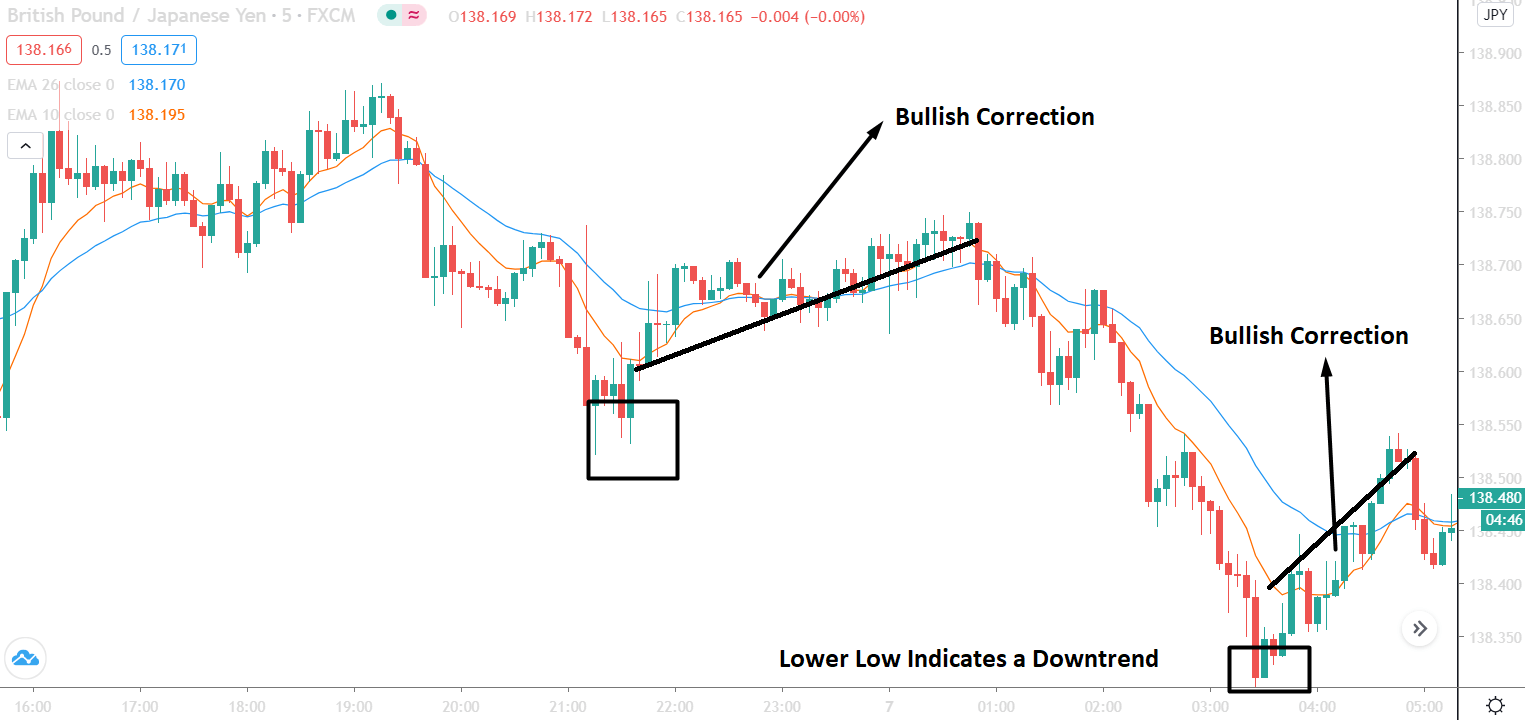The forex market, also known as the foreign exchange market or currency market, is the largest and most liquid financial market in the world, with a daily volume of over $5 trillion. In this complex and dynamic market, various types of contracts play crucial roles. Four primary contract types in the forex market are spot, futures, forwards, and options. Understanding their differences and applications is essential for market participants.
Image: info.techwallp.xyz
Spot Market
The spot market is the most straightforward contract in the forex market. In a spot transaction, the exchange and settlement of currencies take place on the same day, usually within two business days. Spot rates are the prevailing market rates for immediate delivery and serve as the benchmark for other forex contracts. Spot trades are typically used for short-term trading or to hedge against currency fluctuations.
Future Contracts
Future contracts are standardized agreements to buy or sell a specific currency at a predetermined price on a specified future date. Unlike spot market transactions, future contracts obligate the parties to execute the trade irrespective of market conditions. Future contracts are used for hedging, risk management, and speculation. They provide price certainty and allow market participants to lock in future exchange rates.
Forward Contracts
Forward contracts are similar to futures contracts but have several key differences. Forward contracts are not standardized and are tailored to the specific needs of the counterparties. They are privately negotiated over-the-counter (OTC) and are not traded on exchanges. Forward contracts offer greater flexibility in terms of contract size, currency pairs, and settlement dates.

Image: www.forex.academy
Option Contracts
Option contracts are unique in that they confer the right, but not the obligation, to buy or sell a currency at a specific price on or before a specified date. Options provide traders with the flexibility to speculate on currency movements while limiting downside risk. The premium paid for an option represents the price of that right. Options are classified into two main types: calls (the right to buy) and puts (the right to sell).
Choosing the Right Contract
The choice of contract depends on the trader’s specific requirements and risk appetite. Spot market transactions are ideal for immediate currency exchange needs. Future and forward contracts are suitable for hedging and long-term trading strategies, providing price protection against currency fluctuations. Option contracts offer flexibility and limited risk exposure, making them attractive for speculative trading.
Spot Futue Forward And Option Forex Market
Conclusion
The spot, future, forward, and option markets are integral components of the forex market, offering market participants diverse ways to trade and manage currency risks. Understanding the distinctive characteristics and applications of these contracts is crucial for successful navigation of this complex financial landscape. By leveraging the appropriate contract type, traders can capitalize on market opportunities while mitigating potential losses.






